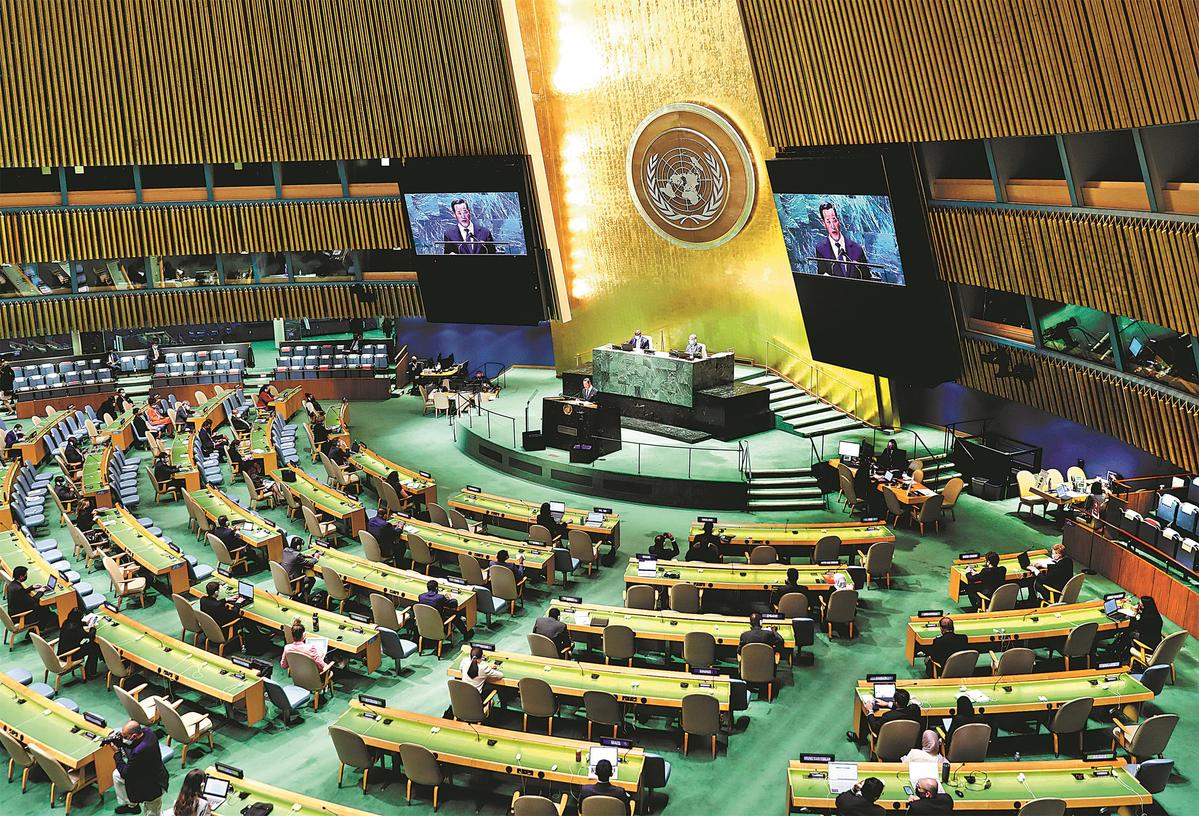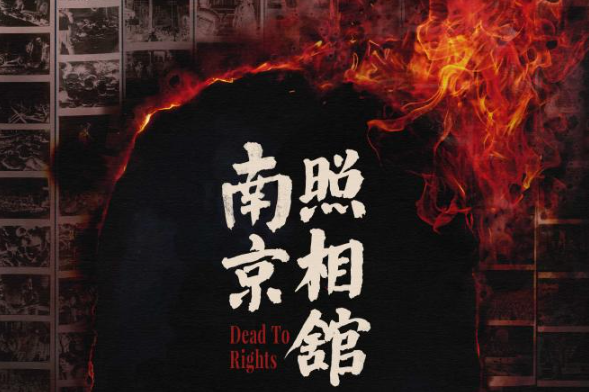Peninsula tightrope both taut and fraught


After a pandemic-plagued year in which tensions on the Korean Peninsula grew, analysts see a bumpy road ahead for US-DPRK talks and inter-Korean relations beset by mutual distrust.
At the start of last year, stakeholders were waiting to see what foreign policy the United States would adopt toward the Democratic People's Republic of Korea as President Joe Biden took office in January.
But it was not until late April that Washington's policy review of pursuing "calibrated" diplomacy arrived, touting a longtime cliche that Pyongyang dismissed as a "spurious signboard" to cover up US "hostile acts".
Repeated perfunctory statements by the US that the "ball is in the North's court" raised doubts over whether the US is willing to make a positive gesture to the DPRK, analysts said.
During the first half of last year, the US held separate bilateral talks with Japan and the Republic of Korea, and senior national security officials from the three countries met to talk about how they should deal with the DPRK.
However, the DPRK issue is just a cover for strengthening a trilateral military alliance in Northeast Asia, because US administrations have tried to shift their strategic focus to the Far East, the so-called Indo-Pacific, said Li Nan, a researcher with the Institute of American Studies at the Chinese Academy of Social Sciences.
The US also wants to exert more pressure on Pyongyang, Li said, adding that keeping tensions on the peninsula high could help bolster Washington's ties with its allies.
Zhan Debin, an international relations professor at the Shanghai University of International Business and Economics, said: "But the DPRK has a strategic confidence that is stronger than ever since it has sought a road of self-reliance, so it won't easily yield to outside pressure."
Kim Jong-un, top leader of the DPRK, has turned to seek economic growth and improve people's lives amid the pandemic since he charted the course during a key party meeting at the beginning of last year.
It is clear that the DPRK issue is not a priority of the US and that flawed talks between Kim and former US president Donald Trump have deepened mutual distrust, Zhan said.
"After the 2019 Hanoi summit ended without an agreement, Kim figured out that the only way is to boost domestic economic development."
As Washington showed no signs of budging on its call for sanctions relief, Pyongyang was seen as upping the ante last year.
Last Wednesday Pyongyang fired a suspected ballistic missile into its eastern waters, according to the ROK and Japanese militaries, the first such launch this year.
This came after the country conducted several missile tests said to be partly against ROK-US joint military drills, including launching a hypersonic missile in September and a new-type submarine-launched ballistic missile the following month.
































